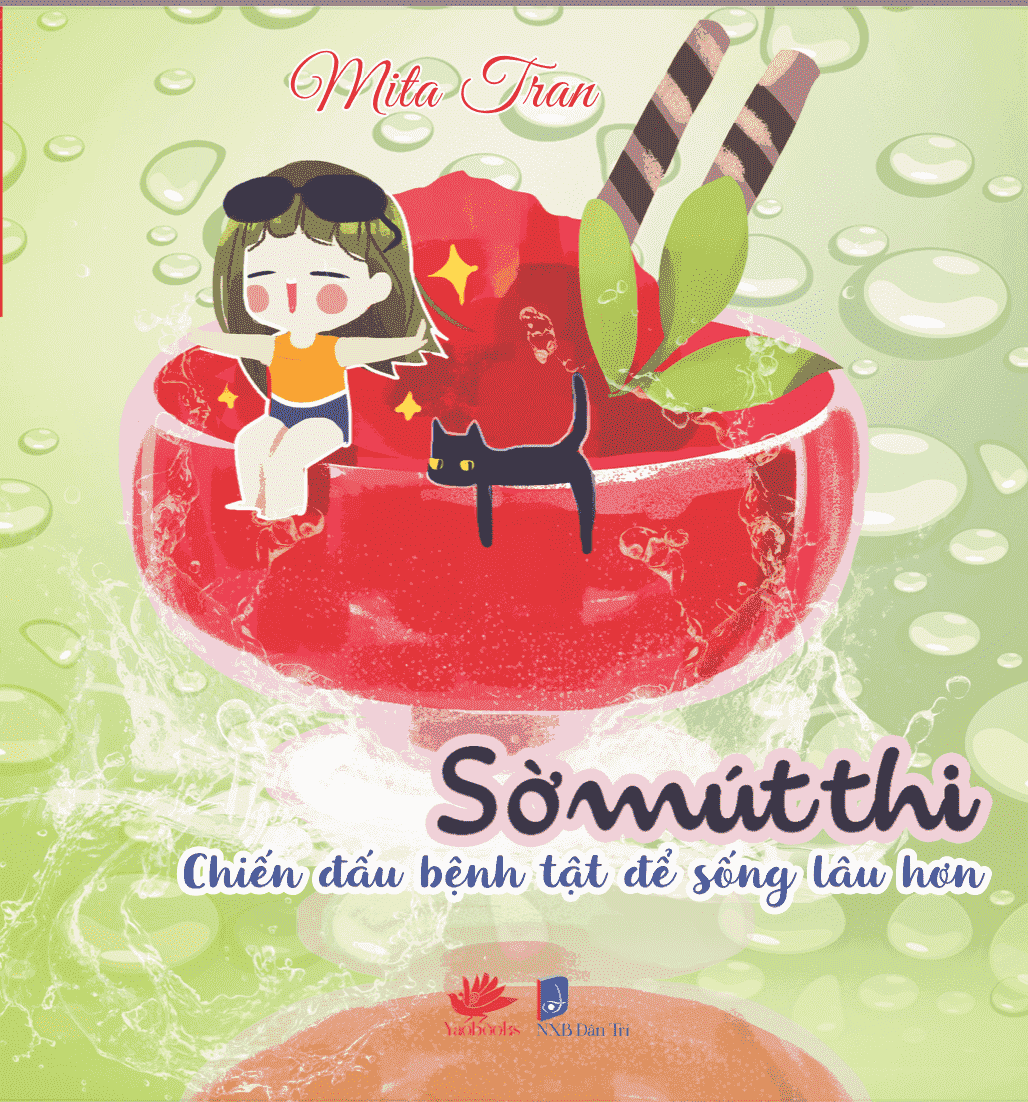
************** thông tin của các nhà khoa học ngâm cứu
#mitatran #chanh
🍋Quả chanh, chúng chứa một lượng đường, polysaccharides, acid hữu cơ, chất béo, carotenoid, vitamins, khoáng, flavonoids, vị đắng limonoids và một số chất bay hơi [1].
🍋Chanh là một một kali tuyệt vời (145mg/ 100g quả chanh), bioflavonoids và vitamin C (40~50 mg/ 100gr quả chanh, hơn 2 lần so với cam) [1,2], canxi (61mg/ 100gr quả chanh) và một số vitamin A, B1, B2 và B3 [3].
🍋Chanh rất thấp năng lượng, khoảng 27 Kcal/ 100gr [1, 2, 4].
Thành phần dầu bay hơi của quả chanh nằm ở vỏ chanh chiếm khoảng 2,5% gồm limonene, alpha-terpinene, alpha-pinene, citral, coumarins, mucilage, pectins, and bioflavonoids [1, 5, 6, 7, 8]. Flavonoids eriocitrin và hesperidin được tìm thấy trong vỏ chanh có tác dụng kháng ung thư, cụ thể là UNG THƯ VÚ VÀ UNG THƯ TỬ CUNG (36 ~ 500mg/mL thử nghiệm trên tế bào ung thư người) [5, 9, 10, 11].
************
Lượng dùng hằng ngày khuyến cáo cho người lớn : 120 mL (chứa khoảng 5,6mg oxalat)
*************

Tài liệu tham khảo
1. Chevallier A. Encyclopedia of Medicinal Plants. New York, NY: DK Publishing, 1996:81.
2. Ensminger A, et. al. Foods & Nutrition Encyclopedia. 2nd ed. Boca Raton, FL: CRC Press; 1994:1299-1302.
3. King CG. The isolation of vitamin C from lemon juice. Fed Proc. 1979;38(13):2681-2683.389665
4. Murray, M. The Healing Power of Herbs. Rocklin, CA: Prima Publishing Co; 1993:143,366.
5. Miyake Y, Mochizuki M, Okada M, Hiramitsu M, Morimitsu Y, Osawa T. Isolation of antioxidative phenolic glucosides from lemon juice and their suppressive effect on the expression of blood adhesion molecules. Biosci Biotechnol Biochem. 2007;71(8):1911-1919.17690486
6. Miyake Y, Murakami A, Sugiyama Y, Isobe M, Koshimizu K, Ohigashi H. Identification of coumarins from lemon fruit (Citrus limon) as inhibitors of in vitro tumor promotion and superoxide and nitric oxide generation. J Agric Food Chem. 1999;47(8):3151-3157.10552623
7. Fisher K, Phillips CA. The effect of lemon, orange and bergamot essential oils and their components on the survival of Campylobacter jejuni, Escherichia coli O157, Listeria monocytogenes, Bacillus cereus and Staphylococcus aureus in vitro and in food systems. J Appl Microbiol. 2006;101(6):1232-1240.17105553
8. Manners GD. Citrus limonoids: analysis, bioactivity, and biomedical prospects. J Agric Food Chem. 2007;55(21):8285-8294.17892257
9. Miyake Y, Yamamoto K, Tsujihara N, Osawa T. Protective effects of lemon flavonoids on oxidative stress in diabetic rats. Lipids. 1998;33(7):689-695.9688172
10. Liva E. Quality of nutritional supplements, Part II: The good news, the bad news. Nat Pharm. 1999;3(1):18.
11. K. Purushothaman, B., U.M. P, and M.S.B. K. M, Magnetic casein-CaFe2O4 nanohybrid carrier conjugated with progesterone for enhanced cytotoxicity of citrus peel derived hesperidin drug towards breast and ovarian cancer. International Journal of Biological Macromolecules, 2020. 151: p. 293-304.
